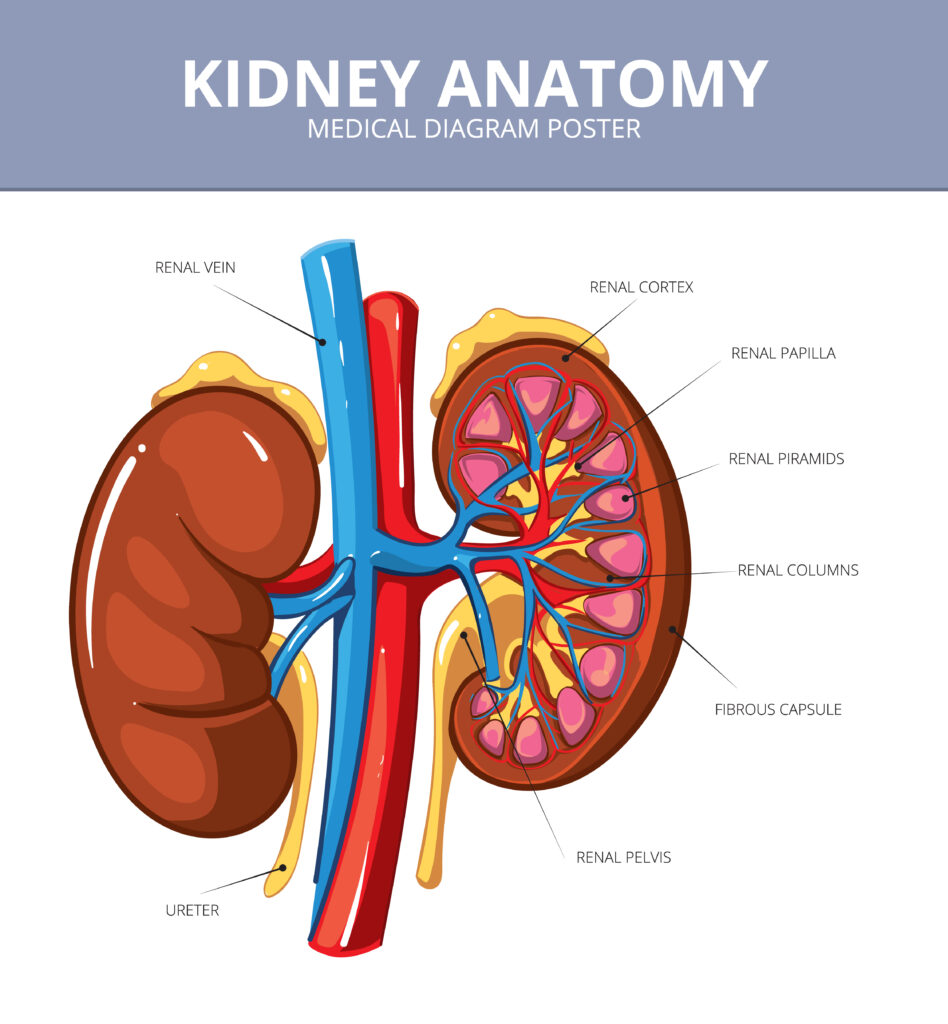
In this article
Avoid Overuse of Certain Medications
NSAIDs
Nonsteroidal anti-inflammatory drugs (NSAIDs), like ibuprofen and naproxen, can be harmful if overused. Taking too many at once or using them frequently can damage your kidneys. Proton pump inhibitors (PPIs), used for ulcers or GERD, may also increase the risk of chronic kidney disease with prolonged use Always adhere to your doctor’s recommendations when using these medications.
Be Cautious with Antibiotics
Antibiotics
While antibiotics are essential for fighting bacterial infections, their overuse can harm your kidneys, even if you’re otherwise healthy. This risk is higher if your kidneys are already compromised. Penicillin, sulfonamides, and cephalosporins are some antibiotics more likely to cause kidney issues. Use them only as prescribed.
Skip Herbal Supplements
Herbal Supplements
The safety of herbal supplements isn’t always guaranteed as their manufacturers aren’t required to prove their products are safe. Some can harm your kidneys, especially if you have existing kidney disease, as they might worsen the condition or interfere with other medications. Seek your doctor’s guidance before using any herbal supplements.
Eat a Healthy Diet
Balanced Diet
Your diet significantly affects your kidney health. Unhealthy eating habits, like consuming too much fat, salt, and sugar, can lead to conditions such as high blood pressure, obesity, and diabetes, which are hard on your kidneys. A nutritious diet rich in vegetables, fruits, and whole grains, and low in processed foods, supports kidney health.
Monitor Your Salt Intake
Salt Consumption
Salt affects individuals differently. For some, high salt intake increases protein in urine, potentially harming the kidneys or worsening existing kidney disease. Excessive salt also raises the risk of high blood pressure, a common cause of kidney disease, and kidney stones. Keep your salt consumption in check to protect your kidneys.
Stay Hydrated
Water Intake
Drinking enough water is crucial for kidney function, as it helps transport nutrients to your kidneys and remove waste through urine. Dehydration can clog the tiny filters in your kidneys, leading to kidney stones and infections. Aim for four to six cups of water daily, but you might need more if you’re sick or in hot conditions.
Exercise Regularly
Physical Activity
Regular exercise helps prevent conditions like diabetes and heart disease, which can cause kidney damage. However, don’t push yourself too hard too soon. Gradually increase your physical activity to 30 to 60 minutes, at least five days a week. Start slowly if you haven’t been active for a while, and consult your doctor if you have health concerns.
Limit Alcohol Intake
Alcohol Consumption
Moderate alcohol consumption, typically one or two drinks, is generally safe for your kidneys. However, binge drinking (more than four drinks in less than two hours) can cause sudden and severe kidney damage, potentially leading to long-term issues. Alcohol can also dehydrate you, impairing kidney function, and contribute to weight gain, liver disease, and high blood pressure.
Tips for Kidney Health
Smoking
Smoking can damage blood vessels, reducing blood flow to the kidneys and impairing their function. Quitting smoking can improve your overall health and support kidney function.
Regular Checkups
Regular medical checkups can help detect kidney problems early. If you have risk factors like diabetes, high blood pressure, or a family history of kidney disease, your doctor might recommend more frequent testing to monitor your kidney health.
Manage Chronic Conditions
If you have diabetes, high blood pressure, or other chronic conditions, managing them effectively can prevent kidney damage. Follow your treatment plan, take medications as prescribed, and make lifestyle changes to support your overall health.
By following these guidelines, you can help ensure your kidneys remain healthy and function optimally throughout your life. Remember, prevention and early detection are key to maintaining good kidney health
A Quick Review
Protecting your kidneys involves making mindful choices about medications, diet, hydration, and lifestyle. Avoid overuse of NSAIDs and antibiotics, be cautious with herbal supplements, and maintain a healthy diet. Regular exercise and moderation in alcohol consumption are also key to kidney health
FAQS
What medications can harm my kidneys?
Overuse of NSAIDs (like ibuprofen and naproxen) and prolonged use of proton pump inhibitors (PPIs) can damage your kidneys. Always follow your doctor’s advice.
Are herbal supplements safe for kidney health?
Not all herbal supplements are safe; some can harm your kidneys, especially if you have kidney disease. Consult your doctor before taking any supplements.
How does diet affect kidney health?
A healthy diet low in fat, salt, and sugar supports kidney function and prevents conditions like high blood pressure and diabetes, which can damage your kidneys.
Can exercise improve kidney health?
Yes, regular exercise helps prevent diabetes and heart disease, which can cause kidney damage. Start slowly and build up to regular exercise.
What are the signs of kidney problems?
Symptoms of kidney issues include changes in urine output, swelling in legs and ankles, fatigue, and difficulty concentrating. Consult a doctor if you experience these symptoms.











